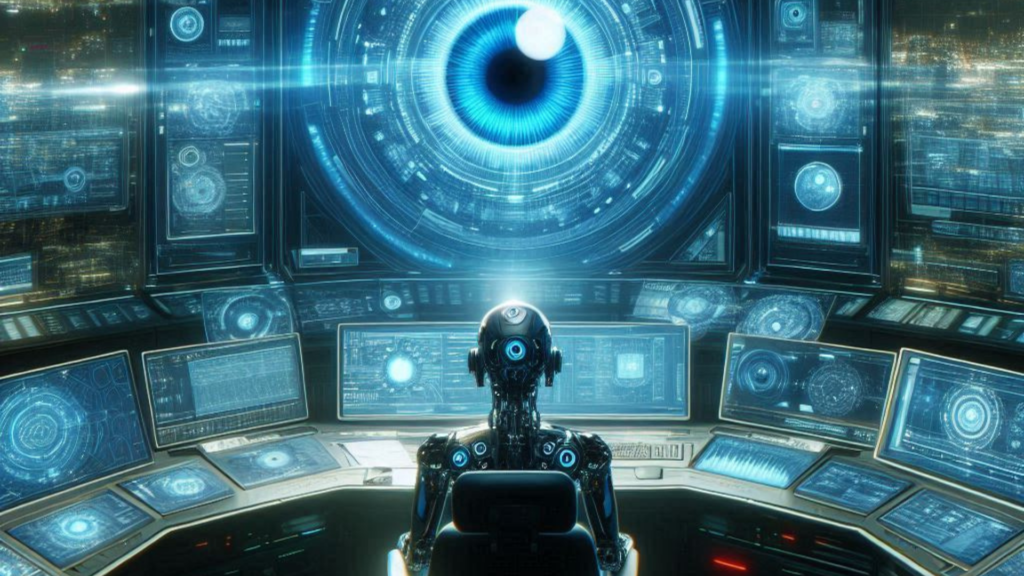Google Genie 1.0 AI: Pioneering the Future of Interactive Game Creation
What’s Google Genie 1.0?: A new AI system by Google that lets you create video games just by describing them in text. This is a big step towards making AI that can think and learn like humans do.
Big Leap Forward: It’s a major step towards creating AI that can think and learn on its own, something experts call Artificial General Intelligence (AGI).
How It Works: You tell Genie what you want in a game using words, and it turns those words into a game you can play.
Learning from Videos: Genie got smart by watching lots of simple videos from the internet, which taught it how to make all sorts of different game worlds.
Super Advanced: It’s built on a huge foundation, with 11 billion bits of info, pushing the boundaries of what AI can create beyond just words and pictures.
More Than Games: Besides making games, Genie can also control video content and simulate realistic environments for other AI to learn from.
Future Potential: Google thinks Genie will help train future AI by showing them how to understand and interact with complex environments.
Creative Uses: It opens up new possibilities for making games and could help in training AI in simulated settings.
Rapid AI Progress: While some people are cautious about how fast AI technology is moving, Genie showcases the exciting potential for the gaming and robotics fields.
In conclusion, Google’s Genie 1.0 represents a significant leap in AI technology, merging the worlds of gaming and advanced AI in exciting new ways. By enabling users to generate interactive games from text prompts, Google not only showcases its prowess in AI development but also opens the door to new possibilities in creative game design and AI learning environments.
As we continue to explore the potential of AI, Genie 1.0 stands as a testament to the industry’s ambitious goals. For more insights into the future goals of AI technology and its influence on different industries, take a look at How AI is Positively Transforming Our Future in 2024. This article further explores where AI is headed and how it’s shaping our world, providing valuable insights into the ongoing evolution of artificial intelligence.




